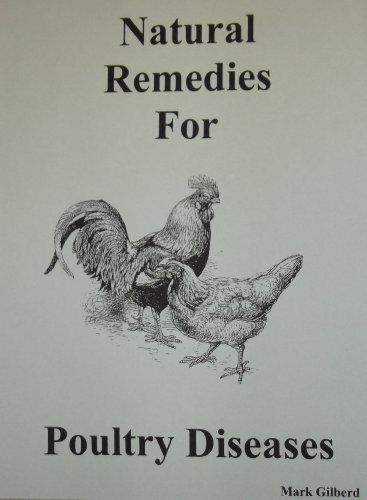Traditional herbal treatments for digestive issues in farm animals
Digestive issues can be a common problem among farm animals, and finding effective remedies is essential for their overall health and well-being. While modern veterinary medicine offers various treatments, some homesteaders prefer to use traditional herbal remedies as natural alternatives. These herbs have been used for centuries and are believed to promote healthy digestion in animals. In this article, we will explore some of the commonly used herbs and their benefits.
1. Peppermint: Known for its soothing properties, peppermint is often used to alleviate gastrointestinal discomfort in farm animals. It can help relax the muscles of the digestive tract, reducing bloating and relieving gas.
2. Chamomile: This gentle herb is renowned for its calming effects on the stomach. Chamomile tea can be beneficial in treating indigestion, colic, or stress-related digestive issues in animals.
3. Dandelion: Dandelion leaves are rich in vitamins A and C, as well as minerals like potassium and calcium. They act as a mild diuretic that aids digestion by increasing urine production and promoting liver function.
4. Fennel: Fennel seeds contain compounds that stimulate digestion by increasing gastric secretions. It is often given to ruminants like cows or sheep suffering from bloat or other digestive disturbances.
5. Ginger: Ginger has long been used to ease nausea and vomiting associated with digestive disorders. It can also improve appetite by stimulating saliva production.
6. Marshmallow root: The mucilaginous properties of marshmallow root make it beneficial for soothing inflammation within the gastrointestinal tract lining caused by ulcers or irritation.
7. Slippery elm bark: Similar to marshmallow root, slippery elm bark forms a gel-like substance when mixed with water that coats the stomach lining, providing relief from acid reflux or gastritis.
8.Aloe vera juice: Aloe vera juice has antimicrobial properties that can help combat infections within the digestive system. It is often used to support healing in animals with stomach ulcers or gastrointestinal inflammations.
These herbal remedies can be administered to farm animals in various forms, including teas, tinctures, or mixed into their feed. However, it’s important to consult with a veterinarian before introducing any new treatments to ensure they are appropriate for your specific animal and situation.
In conclusion, traditional herbal treatments offer natural alternatives for addressing digestive issues in farm animals. While these remedies have been used for generations, it’s crucial to seek professional advice and guidance when integrating them into your animal care routine. By incorporating herbs like peppermint, chamomile, dandelion, fennel, ginger, marshmallow root, slippery elm bark and aloe vera juice into your holistic approach to animal health on the homestead, you can potentially alleviate common digestive problems and promote overall wellness in your beloved livestock.


Leave a comment